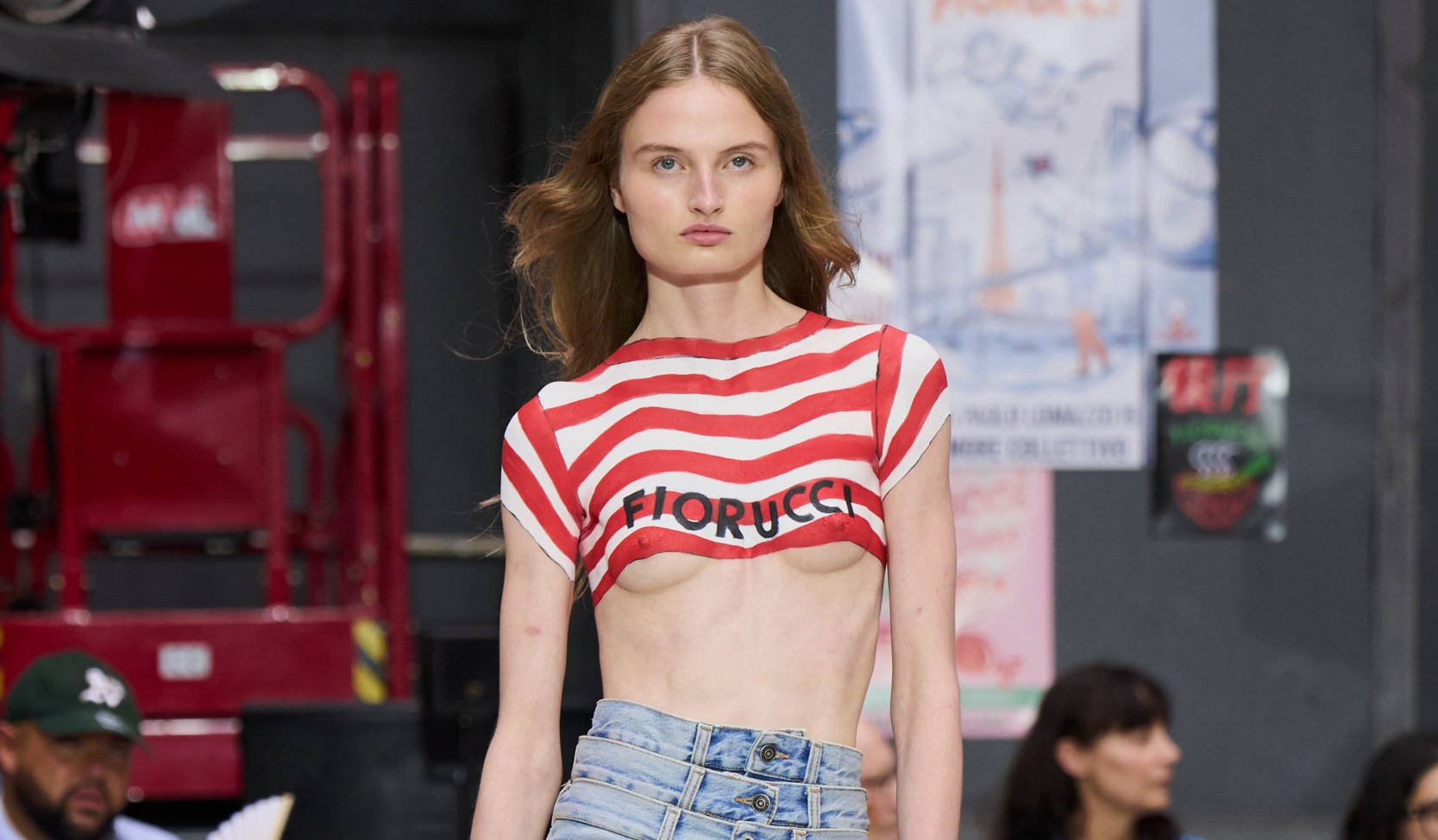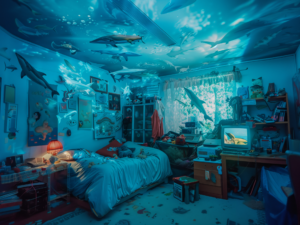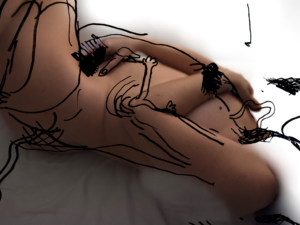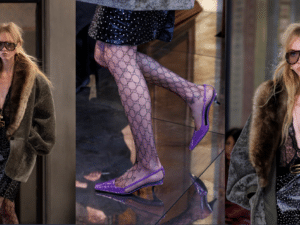What did you learn while playing Chloe in Paradise Drifters?
How to better control my emotions and become more flexible in my reactions. Not always with anger. But, most important, is the knowledge that I like it when my life is a roller coaster. It was important to accept that. I will never be able to lead a life that is relaxed and planned out. It doesn’t fit my character very well, I get bored far too quickly for that.
In general, Paradise Drifters shows an angry and rebellious youth. What is this anger really directed towards, what triggers it?
The families in Paradise Drifters are dysfunctional, there is no trust, there are no loving relationships. That alone makes young people angry. If a child experiences no trust and no affection, they will become rebellious – or an outsider. But more than anything, they feel lost. Lorenzo, Chloe, and Yousef – the film’s three main protagonists – don’t know where to go. They are searching for something, but don’t know what.
Chloe was abused and impregnated by her stepfather in Holland. She decides to run away and sell the child to a criminal organization in Marseilles. Why does she choose to do something so radical?
What’s growing inside of her feels hugely negative. This being is utterly alien to her. This only changes when she hears the child’s heartbeat for the first time during an examination. Suddenly there is a connection.
The child becomes a part of her?
Yes. But Chloe doesn’t want to give birth to this being, this negativity. Also, out of fear that the baby might end up like her, that it might have the same shitty life that she had.
As an actor, how did you manage to express such a complicated and unfathomable emotional world?
To be honest, the pain of my own biography played a big part. You could almost call it method acting, in other words: you play a feeling based on real experience. Regardless, it was difficult, I never had an abortion. I had to touch on feelings that I had locked away for 23 years.



